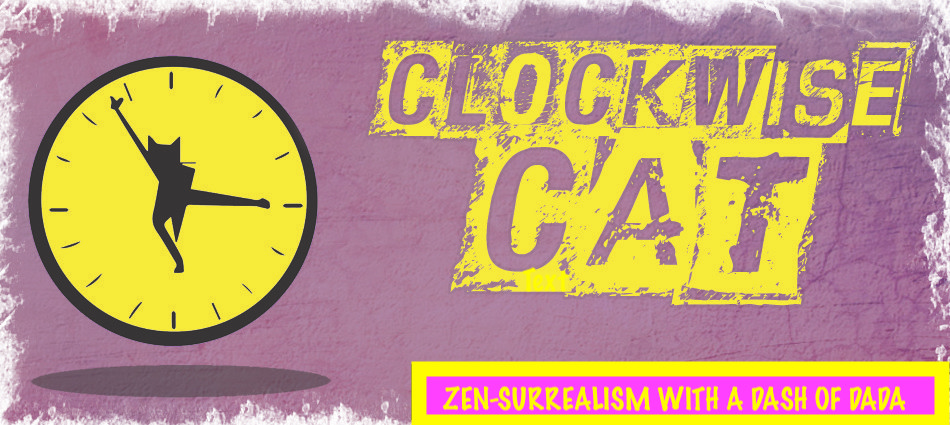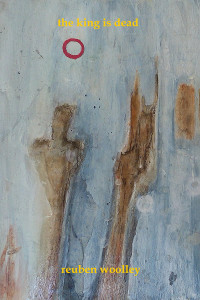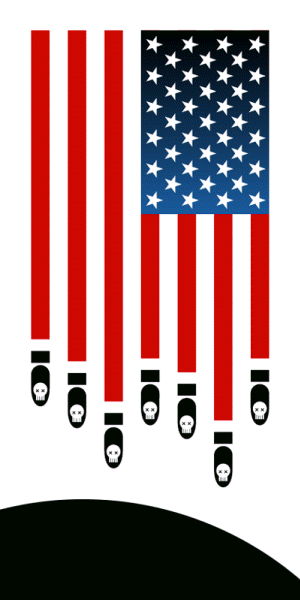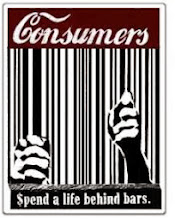
Reuben Wooley’s The king is dead (Book Review) by David McLean
we are all
we have ever been. print on pages
are survivors
out of context. it is all there is
& we have caused too much pain
I burn the past
in making it & the future
is none of my concern.
Reuben Wooley’s new book, his debut collection from Oneiros Books, is a collection of poems that detail the plight of the individual as s/he responds to the fatuity of the vocabulary that repeats itself through her/him. Everywhere where statements have been made and unnecessarily preserved in some psyche a king has died. These deadbeat decedents have constituted the warped psychologies of the young.
I will not say “existential” in this review – sadly I am excluded from suing the word since I know precisely what it means in its many affiliated uses. The word, like “phenomenology,” may only be used in reviews of poetry by people who do not know what it means in most of its formal usages; they know it as a straw to which one may desperately clutch. This exclusion, however, should always be borne in mind. For all the dead kings were pedants, too.
they took meaning from us. all
these words are just
empty hieroglyphs
to play with. I hear you
so sound exists. no song
the music stutters
but cannot end
repetition does not hold
our attention is on
burlesque dancers
who forgot to can
can
This is a poem called “theft”, in its entirety. And the question of course arises as to the identity of the accused, the general they. Is it the dead king(s), is it teachers, parents, politicians, priests, psychiatrists, any of those who are ill-disposed to the children we have been? Or is it just the words that may not say anymore? And here I surreptitiously cite myself. Because this is how identification works when it comes to poetry; the emptiness of the words in the sense of a missing hidden true meaning means that we insert our own interests.
Like the poem of modalities, potentia summa, since summa potestas is an obvious way of saying “god2, the sum of power qua potential is not god, but zero, and zero does not even indicate the void – it is a placeholder, nothing with which to trouble ontologies.
In Reuben’s poetry the focus is not the existentiell, as is the case with the poems generally referred to by the forbidden word – nor is the focus indicated by the word that I have chosen to forbid myself, stubbornly refusing the inevitable misunderstandings. The focus is the godless psyche as it meets the ontic and tries to achieve the happy, and it is how this may be in fuck, flames and farting. Not to raise a dead finger to some holy wind to see if you are forgiven.
Buy these poems in their book; they are songs the meat might say in order to be free. It’s on sale here: http://www.paraphiliamagazine.com/oneirosbooks/the-king-is-dead/
Author bio:
David McLean is from Wales but has lived in Sweden since 1987. He lives there with his dog, Oscar, & his computers. In addition to various chapbooks, McLean is the author of seven full-length poetry collections. The last four of thse are from Oneiros Books and called NOBODY WANTS TO GO TO HEAVEN BUT EVERYBODY WANTS TO DIE (June, 2013), THINGS THE DEAD SAY (Feb, 2014), OF DESIRE AND THE LESION THAT IS THE EGO (May, 2014) & ZARA & THE GHOST OF GERTRUDE (Oct, 2014). More information about McLean can be found at his blogs http://mourningabortion.


